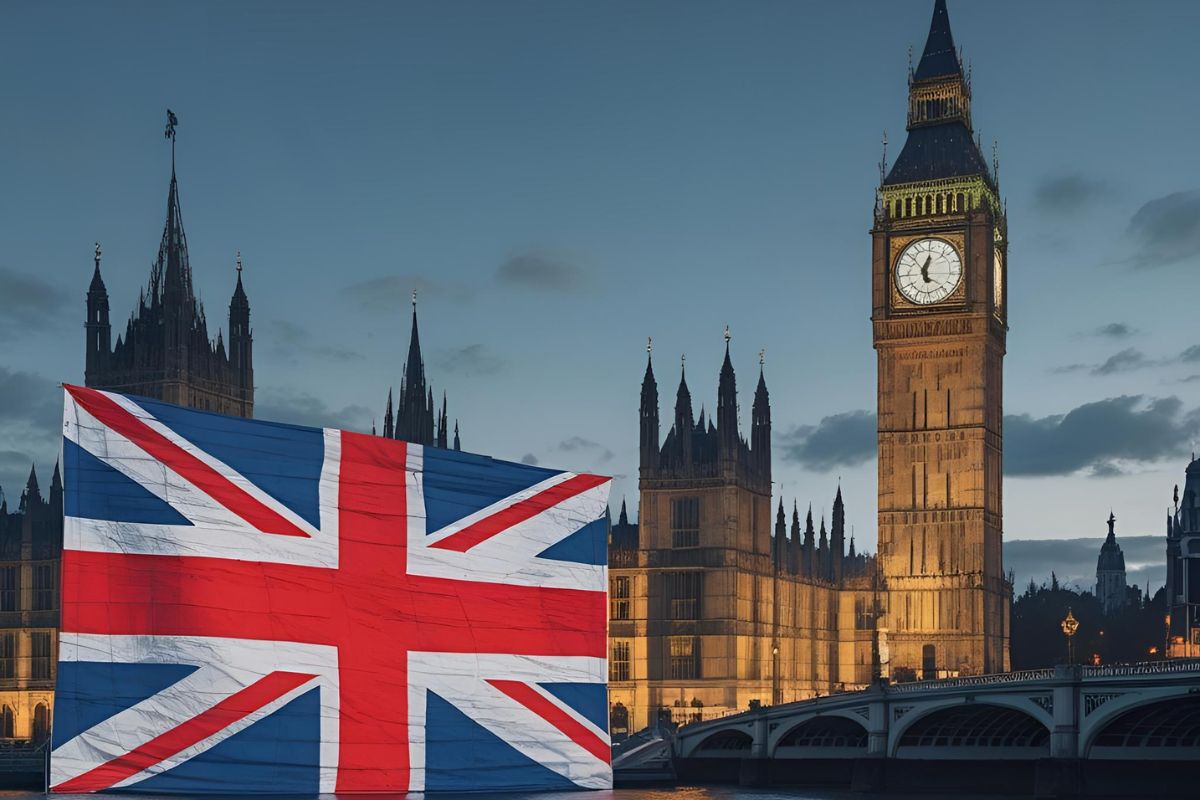Change is coming to Britain’s immigration system from 22 July 2025. The government says these steps are needed to put more focus on skill and fairness. The updates cover work, study, family pathways—and even Channel crossings. Here’s a clear breakdown of what’s changing and how it might affect you.
Stronger Rules for Skilled Worker Visas
From 22 July, the Skilled Worker visa gets a big shake-up:
- The minimum job skill level rises from an RQF Level 3 role (like technician or care worker) to Level 6, which is a university degree or equivalent.
- Applicants need a job offer from a licensed sponsor in a graduate-level role.
- Before then, about 180 occupations could qualify; now, most lower-skilled jobs are out.
- Some roles on the “Temporary Shortage List” may still be eligible, but without a clear path to settlement.
Higher Salary Thresholds
If you want to come to the UK on a Skilled Worker visa after 22 July 2025, you’ll need to show you’ll earn more than before. The standard salary threshold will go up from about £38,700 to around £41,700 a year. For new entrants, like recent graduates, the minimum will rise from roughly £30,960 to £33,400. Specialist roles such as those needing a PhD, particularly in STEM fields, will see the minimum increase from just over £34,800 to £37,500 or more. The government says these higher thresholds will make sure only well-paid, genuinely skilled jobs qualify for visas. It’s part of the plan to reduce overall migration numbers and prioritise positions they see as needing real expertise. These changes mean employers can’t just hire overseas staff for lower-paid jobs, and anyone thinking of applying will have to meet these new, stricter salary requirements.
No More New Care Worker Visas
The UK will stop sponsoring new care workers from abroad after 22 July 2025. If you already have a visa, your status stays safe. But new applications are off the table. This ties into a move to boost pay and jobs for local workers.
Longer Wait for Settlement (ILR)
In future, skilled workers may need to stay in the UK for up to 10 years before they can apply for indefinite leave to remain (ILR). At present, five years of continuous work is enough. The new rule ties entry-level settlement to a decade of service, though faster routes may be available for high earners or key sectors.
Speeding Up High-Skilled Routes
Despite tightening, the UK aims to attract top talent:
- Global Talent routes (for scientists and tech experts) will be streamlined.
- Special visas for elite roles in AI, science, and design are being expanded.
Student and Graduate Visa Changes For international students:
- Post-study work visa time is cut from two years to 18 months.
- Universities face stricter control over international student numbers.
These changes aim to balance student intake with job training and the domestic workforce.
Also Read: Rick Shiels Net Worth
Tighter Rules on Family, Language, and Deportation
The government plans further reforms:
- English language standards go up for many visa types.
- Family visas and Article 8 cases are being reviewed to prevent misuse.
- Deportation standards are stricter: even minor offences can lead to removal.
A Pilot Deal on Boat Arrivals
A “one in, one out” pilot scheme with France began in July 2025. The idea: for every migrant returned to France after crossing the Channel, one person may be allowed in legally through safe routes. It’s an attempt to reduce dangerous small-boat crossings.
Why These Changes Matter
The government claims the rules will lead to a reduction of net migration by about 100,000 a year and encourage highly skilled workers. They aim to address public concerns about too much low-wage immigration and pressure on public services. But there are serious gaps, especially in social care and student sectors, critics warn.
What It Means for You
- Job-seekers: Only degree-level roles paying over £41,700 will be eligible.
- Current visa-holders: If you’re already sponsored, you’re protected. Future extensions and ILR may take longer.
- Students: You’ll still be able to work after graduating, but only for 18 months.
- Care employers: Sponsoring new overseas workers stops, but existing staff stay.
Final Word
The UK’s immigration rules for 2025 will come into force pretty soon. They impose a more stringent, skill-orientated approach: only higher-paid, higher-skilled workers will be eligible. Family visas, permanent settlement, and student stays are all under tighter restrictions. Supporters say that translates to stronger job prospects for local workers and fairer rules. Critics fear it will hurt businesses that depend on foreign workers and deter key talent from flowing into the country. Whichever way you come down on that, there can be little question that 22 July 2025 will go down as a turning point in Britain’s approach to immigration.










